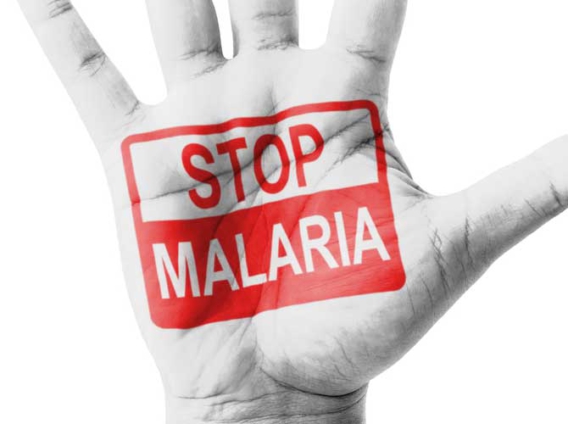Analysis of malaria data from 180 countries shows that every 10 percent reduction in malaria cases was associated with an average rise of 0.3 percent in Gross Domestic Product (GDP).
The analysis shows that high burden, and low income countries have higher than average gains, in these countries same reduction in malaria was associated with an increase to the level of GDP per capita of nearly two percent.
That indicates that those in charge of our economy must be interested in the national malaria Elimination agenda to strengthen efforts towards it.
Professor Evelyn Ansah, Director Centre for Malaria Research at the University of Health, and Allied Sciences (UHAS) made this known at a virtual summit to mark the world mosquito day.
She said the Elimination agenda calls for active participation of the media in doing advocacy on the issues which needed urgent attention to hasten the processes for Elimination of malaria.
That also means journalists must be empowered to share the necessary information to draw the active attention of Policy makers especially in the area of funds to do the needful towards the Elimination goal.
According to Prof. Ansah, globally, an estimated amount of 34 billion dollars was needed to scale-up interventions over the next seven years to meet the 2030 malaria Elimination agenda.
There are six areas contributing to the Elimination efforts and they include reinforcing global strategy, research and development for new tools and adequate sustained financing (with increased domestic funding) as well as engagement of communities.
The malaria expert noted that Elimination could not happen without all sectors of development being on board “ministries such as local Government, Agriculture, interior, finance, and institution such as Parliament must all be on board with the media spearheading advocacy,” she added.
Eleven countries in Africa including Ghana accounts for 70 percent of malaria cases and death and malaria deaths in 2021 was more than 619,000 out of 247 million cases recorded in 84 malaria endemic countries.
Out of every 1000 people, 229 fall sick with malaria every year in Africa.
The virtual summit which discussed the agenda for malaria Elimination was addressed by several malaria experts from the African continental on the theme, “Empowering Media Professionals for Malaria Elimination.”
Dr Charity Binka, Executive Director of the Africa Media and Malaria Research Network (AMMREN) said the media had a critical role to play in the Elimination agenda and therefore must be well resourced to function effectively.
She called for institution of award schemes to recognise journalists who distinguished themselves in malaria advocacy and issues.
Latest Stories
-
Western Region: NDC youth wing embarks on phase 2 of ‘retail campaign’
2 mins -
Action Chapel International holds annual Impact Convention in November
3 mins -
Jana Foundation urges young women to take up leadership roles
7 mins -
All set for Joy FM Prayer Summit for Peace 2024
18 mins -
Managing Prediabetes with the Help of a Dietitian
38 mins -
Joy FM listeners criticise Achiase Commanding Officer’s election comment
58 mins -
Legal Aid Commission employees threaten strike over poor working conditions
1 hour -
Ghana ranked 7th globally as biggest beneficiary of World Bank funding
1 hour -
IMF board to disburse $360m to Ghana in December after third review
1 hour -
Former Bono Regional NPP organiser donates 13 motorbikes to 12 constituencies
1 hour -
Securities industry: Assets under management estimated at GH¢81.7bn in quarter 3, 2024
1 hour -
Gold Fields Ghana Foundation challenges graduates to maximise benefits of community apprenticeship programme
3 hours -
GBC accuses Deputy Information Minister Sylvester Tetteh of demolishing its bungalow illegally
3 hours -
Boost for education as government commissions 80 projects
3 hours -
NAPO commissions library to honour Atta-Mills’ memory
4 hours

